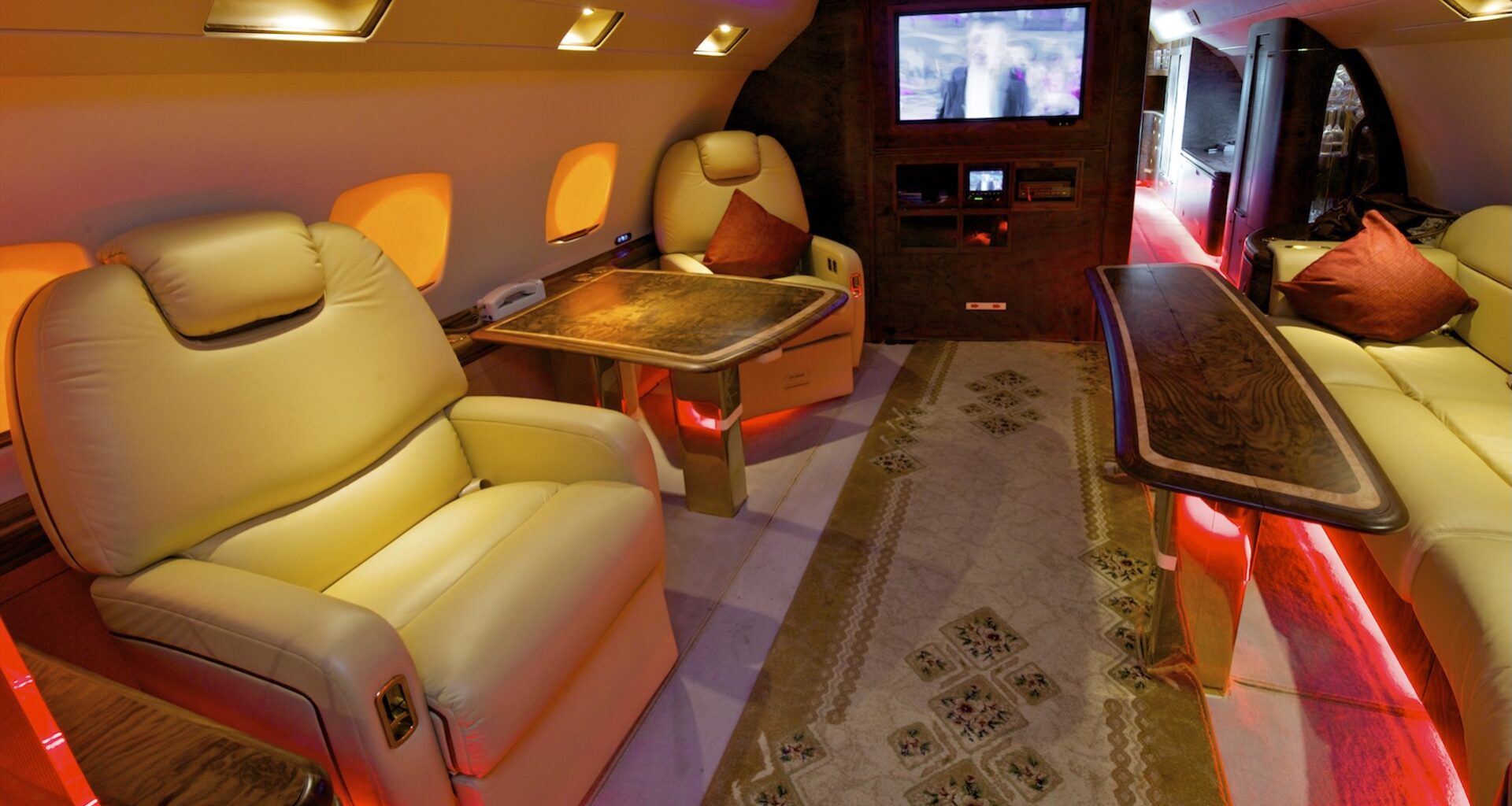A new report from the U.K. has revealed a stark gap in travel pollution between the country’s highest earners and the general population, with the richest projected to produce up to 13 times more emissions than the poorest by 2030.
What’s happening?
The gulf between what the wealthiest among us take for granted and what the rest of the country can realistically aspire to has never been so clear — or so alarming. A recent study by the Institute for Public Policy Research traces this divide through travel habits, revealing that the richest 0.1% in the U.K. produce 22 times more from transport than low earners, per The Guardian.
The key offenders? Private jets, multiple long-haul flights a year, yachts, and sprawling car collections. These are the markers of a lifestyle defined by consumerism that stretches far beyond necessity. Observers are left, as one social media user put it, “shocked and bewildered.”
“The sheer greed, unfairness, and injustice of it all — truly sickening and mind-boggling. I really fear for the next few decades and the path we seem to be heading down,” one commenter wrote on Reddit, putting words to a rising sentiment that we are at “the tipping point.”
Why is the emissions gap important?
The ultra-rich hold the lion’s share of the responsibility for our current climate crisis. While the clean energy transition and eco-friendly actions such as recycling are important efforts, keeping our planet safe will have to be a broad effort and include everyone. Billionaires, too, must adjust their consumption to safeguard our future.
Oil companies BP and Exxon have historically encouraged “climate-friendly” practices in advertisements and branding targeted at average citizens, which not only transfer responsibility for global warming to the consumers but also “mask the dominant activities of the company,” as one social scientist put it.
Mitsubishi Electric’s efficient heating and cooling HVAC solutions can help you stay comfortable no matter the weather or region. You can even regulate temperatures in each room with individually controlled all-electric heat pump systems.
With an energy-efficient, all-climate system from Mitsubishi, you can reduce the amount of energy needed to heat and cool your home, receive up to $2,000 in tax credits, and get peace of mind knowing you’re choosing rigorously tested, high-quality products.
What’s being done about the ultra-rich’s pollution in the transportation sector?
“Fairness isn’t a barrier to climate action — it’s the key to unlocking it,” said Stephen Frost, the head of transport policy at the Institute for Public Policy Research. “A fairer approach doesn’t just cut carbon faster, it builds a healthier, more inclusive transport system for everyone.”
The IPPR report maps out that this fairer approach would see this pollution gap close, with “the highest polluting group producing just eight times more than the lowest.” The report added that the policy could “also lead to an overall cut in transport emissions of 71%, compared with 55% under existing policy.”
Governments can elucidate realistic climate responsibilities by taxing yachts and private jets, or committing to other efforts that discourage the ultra-rich’s extreme polluting habits. This kind of leadership would show citizens that eco-friendly living is a shared responsibility.
Although transport is the highest polluting sector in the U.K., that is changing. The Guardian explained that reliance on this sector could save up to 30% of air pollution between now and 2030.
TCD Picks » Upway Spotlight
💡Upway makes it easy to find discounts of up to 60% on premium e-bike brands
“The government’s approach to decarbonising the sector focuses heavily on the adoption of climate technologies, such as zero-emission vehicles and sustainable aviation fuels, with limited policies focusing on demand reduction,” The Guardian added.
Join our free newsletter for good news and useful tips, and don’t miss this cool list of easy ways to help yourself while helping the planet.


